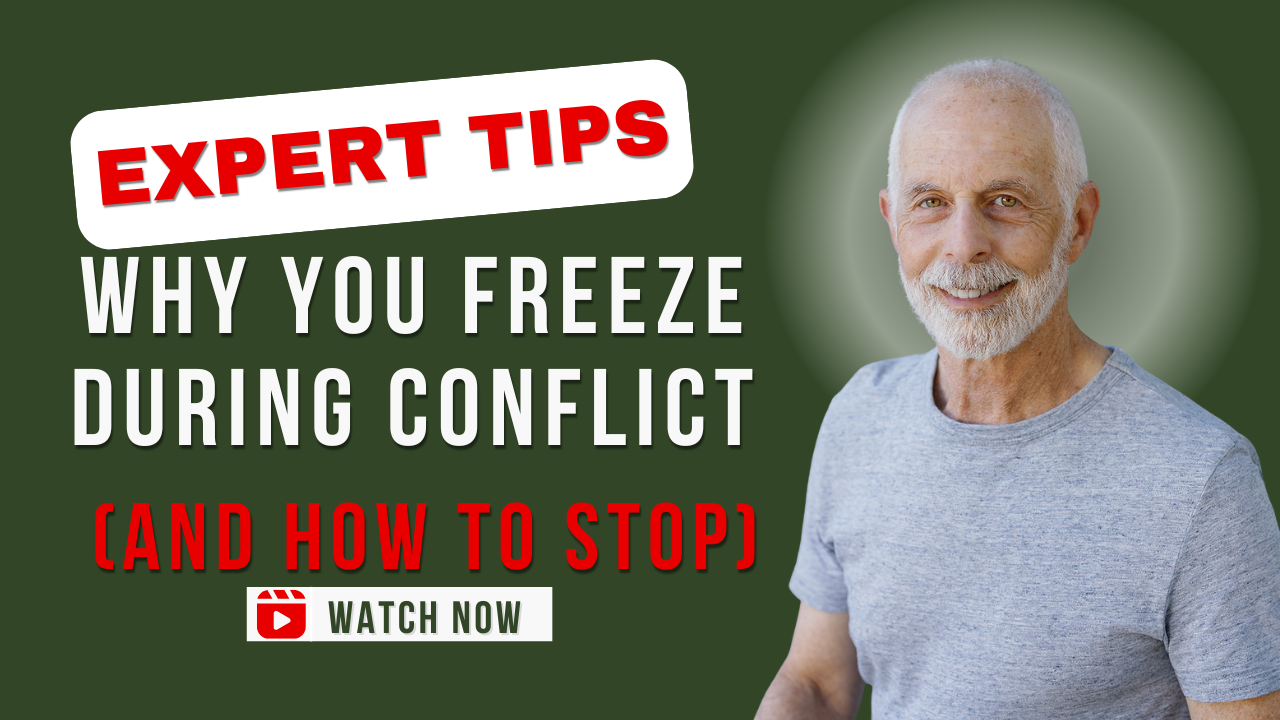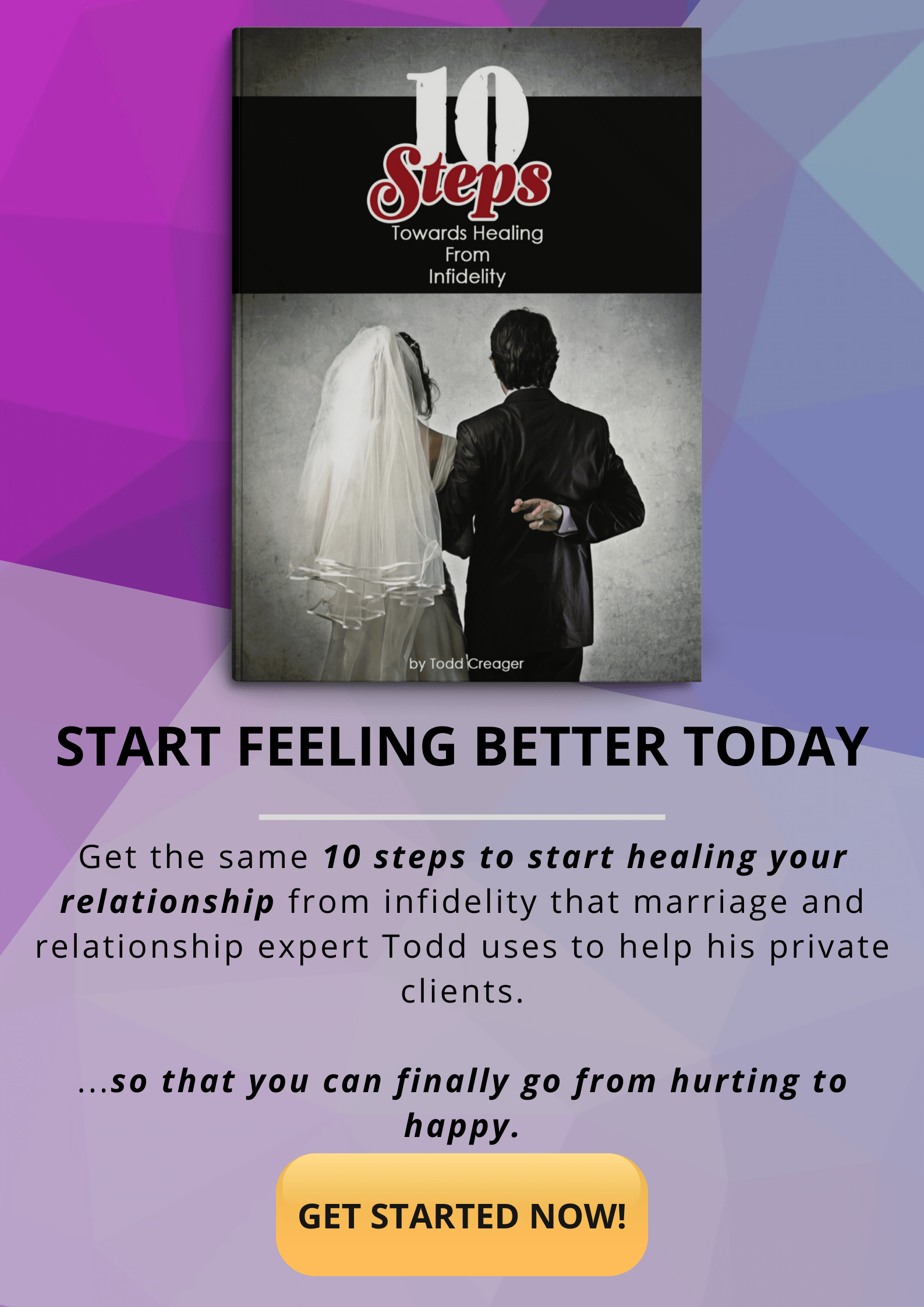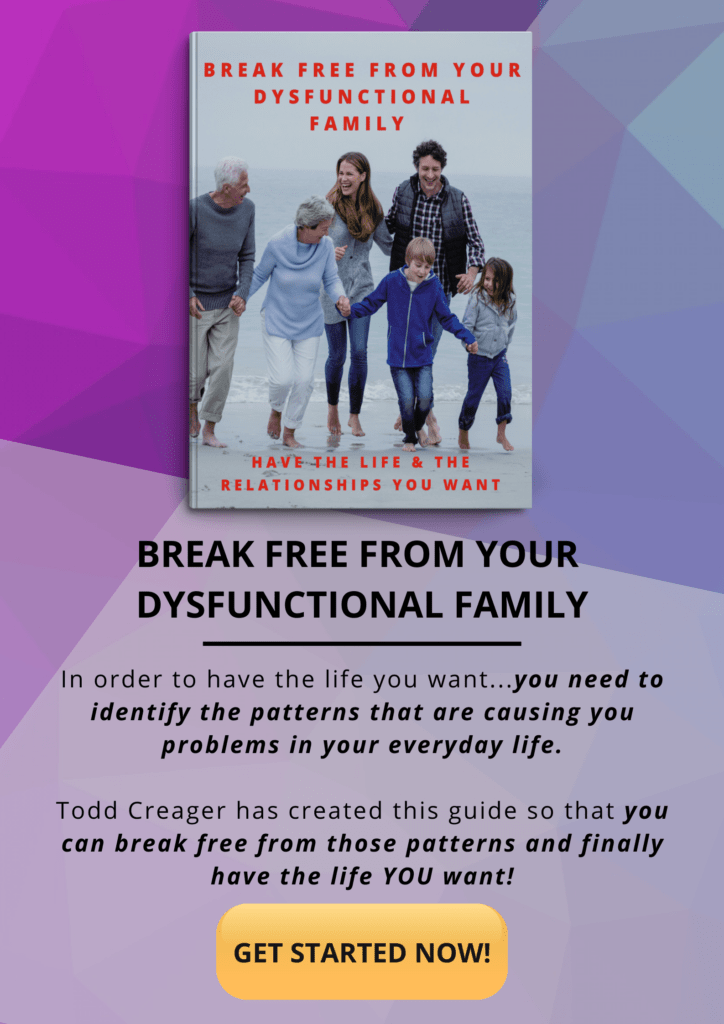When Your Body Shuts Down During Conflict: Why You Freeze and How to Stay Present Without Saying a Word
You’re in the middle of a difficult conversation with your partner. Their voice rises slightly, maybe there’s frustration or disappointment in their tone. And then something happens inside you—your mind goes blank, your body feels heavy, and you can’t access words even if you wanted to. You’re still sitting there, but you’ve gone somewhere else entirely.
If this sounds familiar, you’re not broken. You’re experiencing what I call the freeze response, and I’ve watched it play out in my office for over 40 years of working with couples. What looks like indifference or rejection to your partner is actually your nervous system trying to keep you safe from emotional overwhelm.
Here’s what you need to know right now: Freezing isn’t a character flaw or a relationship death sentence. It’s a survival mechanism. But here’s what most people miss—you don’t need to force yourself to talk your way out of it, and your partner doesn’t need to get louder to pull you back. There’s a completely different way through this that has nothing to do with finding the right words.
The bigger issue? Most couples don’t understand what’s really happening when one person goes blank during conflict. They think it’s about not caring enough to engage, when it’s actually about caring so much that the intensity becomes unbearable. That misunderstanding creates a painful cycle where one partner pursues harder and the other retreats deeper.
In this article, I’m going to walk you through what freezing actually is (it’s not what you think), why it happens to some people and not others, and most importantly, how to stay present in your body even when your words disappear. I’m also going to show partners of people who freeze how to respond in ways that help rather than make things worse.
This isn’t about fixing yourself or your partner. It’s about understanding how your nervous systems work and learning to work with them instead of against them.
What’s Actually Happening When You Freeze
Let me tell you about a client I’ll call Martine. She described freezing as “like my soul leaves the room. I’m here, but I’m not.” I’ve heard some version of this from many clients over the years. That absence—that’s what their partners feel most acutely.
Her husband Larry would get expressive when he was frustrated or disappointed. Not yelling, not aggressive, just more animated. And every single time, Martine would shut down. Her eyes would go distant, her body would still, her voice would simply stop. And the more she retreated, the more desperate Larry became to reach her. He’d talk more, ask more questions, try harder to connect. Which only pushed her further away.
This is the pattern I see again and again. The person who freezes isn’t choosing withdrawal. Their nervous system has made the choice for them.
When you freeze, your body is responding to perceived threat the same way it would if you were facing physical danger. Except the danger isn’t physical—it’s emotional intensity that feels too big to handle. Your system essentially says “I can’t fight this, I can’t run from it, so I’m going to shut down and wait for it to pass.”
Here’s what’s happening physiologically: Your heart rate might actually slow down (different from the fight-or-flight response where it speeds up). Blood flow redirects away from your extremities. Your thinking brain goes offline. You might feel numb or disconnected from your body. Time might feel strange—either moving very slowly or in a blur.
None of this is conscious. You’re not deciding to check out. Your body is trying to protect you from what it perceives as overwhelming emotional flooding.
Why Some People Freeze and Others Don’t
The freeze response usually has roots in your history. Maybe you grew up in a home where conflict was scary—loud voices, unpredictability, or worse. Maybe you learned early that speaking up made things worse, not better. Maybe you were punished for expressing emotions, so you learned to make yourself very small and very quiet.
When you’re young and truly powerless in a situation, freezing can be adaptive. It helps you survive. The problem is that your nervous system doesn’t always update its threat assessment as you grow. So even in adult relationships where you’re safe and have choices, that old wiring can kick in.
I’ve worked with clients who had no obvious trauma but still freeze. Sometimes it’s about temperament—some people are naturally more sensitive to emotional intensity. Their threshold for overwhelm is simply lower, and that’s not a failing. It’s just how their system is calibrated.
What matters more than why you freeze is recognizing that it’s happening and learning to work with it.
The Real Cost of Freezing (And It’s Not What You Think)
People often think the problem with freezing is that you can’t resolve the conflict in that moment. That’s true, but it’s not the real damage.
The real cost is that your partner experiences your freeze as absence. As rejection. As proof that you don’t care enough to stay engaged. They can’t see your nervous system shutting down to protect you. They can only see you disappearing right in front of them.
And here’s the painful irony—you’re often freezing precisely because you care so much. Because the relationship matters so deeply that the possibility of rupture feels unbearable. Because you don’t want to say the wrong thing or make it worse. So you say nothing at all.
I tell couples this all the time: the opposite of connection isn’t conflict. It’s absence. You can have conflict and still feel connected if both people stay emotionally present. But when one person goes absent, even if they’re physically in the room, that’s when the real disconnection happens.
What Doesn’t Work (Stop Doing These Things)
If you’re the person who freezes, here’s what won’t help:
Forcing yourself to keep talking when you’ve gone blank. That usually comes out wrong or feels fake, and your partner can sense it.
Beating yourself up for freezing. That just adds shame on top of overwhelm, which makes you more likely to freeze next time.
Promising you’ll do better next time without changing anything about how you respond to your nervous system.
If you’re the partner of someone who freezes, here’s what makes it worse:
Getting louder or more insistent. I know you’re trying to reach them, but intensity is exactly what triggered the shutdown. More intensity won’t bring them back.
Interpreting their freeze as not caring. I understand that’s how it feels, but that interpretation keeps you both stuck.
Demanding they explain themselves in the moment. Their thinking brain is offline. They literally can’t access explanations when they’re frozen.
How to Stay Present When Words Won’t Come
Now here’s what actually works. I’m going to tell you what I taught Martin, and what changed everything for her and Larry.
I asked Martin to try something different the next time she felt herself starting to freeze. Instead of disappearing completely, she was to do these specific things:
Press her feet firmly into the floor. This is grounding. When you freeze, you often go numb and lose connection with your body. Feeling the solid floor under your feet brings you back into physical sensation.
Hold something warm—a cup of tea, a mug of coffee, even just warm water. The temperature gives your nervous system something to focus on besides the emotional intensity. You’re giving it a different kind of input.
Place one hand on your heart. This is both grounding and self-soothing. You’re literally giving yourself the comfort your system is seeking.
Look at your partner. Even if you can’t speak, maintain eye contact. Let them see that you’re trying to stay present.
Martine did exactly this. She felt herself starting to shut down during a conversation with Larry. She pressed her feet into the floor, grabbed her tea, put her hand on her heart, and kept her eyes on him. She didn’t say a single word.
And Larry noticed. He told me later, “That was the first time I felt like you stayed even when you couldn’t talk.”
That’s the breakthrough. You don’t have to perform connection through words. You just have to allow connection through presence.
The Three-Minute Practice That Rewires Your Freeze Response
Here’s what I teach people who freeze: you’re not going to talk your way out of this pattern. You’re going to feel your way out.
Between conversations with your partner, practice this on your own:
Sit quietly and think about a moment when you typically freeze. Don’t try to solve anything. Just notice what happens in your body. Where do you feel it? Does your chest get tight? Does your throat close? Do your hands go cold?
Then do the grounding practices I described above. Feet on floor. Something warm to hold. Hand on heart. Breathe slowly—in for four counts, out for six counts. That longer exhale tells your nervous system it’s safe to relax.
Do this for just three minutes. You’re teaching your body that you can feel activation without completely shutting down. You’re building what I call your emotional muscle—your capacity to stay present with intensity.
The goal isn’t to never freeze again. That’s unrealistic. The goal is to catch yourself earlier in the process and have tools to stay grounded instead of going completely offline.
What Your Partner Can Do (This Part Is For Them)
If your partner freezes during conflict, your instinct is probably to reach harder for them. I get it. Their absence is painful, and you want them back.
But here’s what actually helps: Create more safety, not more intensity.
Lower your voice. Soften your body language. Slow down your speech. You’re signaling to their nervous system that there’s no threat here.
Say something like: “I can see you’re having a hard time right now. I’m not going anywhere. Take the time you need.”
Give them physical space if they need it, but stay emotionally available. You’re showing them they won’t be abandoned if they need to regulate their nervous system.
Notice and acknowledge when they’re trying to stay present, even if they can’t speak. “I can see you’re working hard to stay here with me. Thank you.” That kind of recognition matters more than you might think.
Don’t take their freeze personally. I know that’s hard. But their shutdown isn’t about you or how much they care. It’s about their nervous system being overwhelmed.
Beyond the Freeze: Building Long-Term Capacity
Over time, the goal is to increase your window of tolerance—the amount of emotional intensity you can handle before your nervous system hits the eject button.
This happens through repeated experiences of staying present with uncomfortable feelings and discovering you’re okay. That you have choices. That you’re not trapped.
Sometimes this work needs professional support. If you have a history of trauma, if freezing is deeply ingrained, if you and your partner can’t break the pattern on your own—that’s when couples therapy or individual work can be crucial. There’s no shame in that. Some nervous system patterns need more specialized help to shift.
What I’ve seen in 40 years of this work is that people absolutely can learn to stay present during difficult conversations. The freeze response doesn’t have to define your relationship. But it takes practice, patience, and a willingness to work with your body instead of against it.
Your Nervous System Isn’t Your Enemy
I want you to hear this: You’re not broken if you freeze. You’re not weak. You’re not failing at relationships.
Your freeze response is your nervous system trying to take care of you. It’s just using an old strategy that doesn’t serve you anymore. You developed this response for good reasons—it helped you survive something. The question now is whether it’s still helping or whether it’s time to develop new options.
The beautiful thing about nervous systems is they can learn. They can adapt. You can teach your body that it’s safe to stay present, even when things get intense. You can rewire those old patterns.
But you can’t think your way out of a freeze response. You have to feel your way out. You have to work with your body, not just your mind.
That’s why the practices I’ve shared here—grounding, staying physically present even when words won’t come, building capacity gradually—these aren’t just techniques. They’re ways of partnering with your nervous system instead of fighting it.
When You Know You’re Not Broken, Just Frozen
If you take nothing else from this article, take this: The next time you feel yourself starting to freeze during a difficult conversation, remember you have more options than you think.
You can press your feet into the floor and feel the ground supporting you. You can hold something warm and let that sensation anchor you. You can put your hand on your heart and remind yourself that you’re okay. You can look at your partner and let your eyes say what your mouth can’t.
You don’t have to force words. You don’t have to fake being okay. You just have to stay in your body and let your presence speak.
Because connection doesn’t require perfect communication. It just requires showing up, even in the messy, frozen, wordless moments. That’s when real intimacy happens—when you can be fully present with someone without having to perform being fine.
Your partner doesn’t need you to have all the right words. They just need to feel that you’re still there with them, even when things get hard.
And that? That’s completely possible, starting today.
About the Author: Todd Creager has spent over 40 years helping couples repair relationships through emotional safety and deep reconnection. His approach focuses on working with nervous system responses and building capacity for presence during conflict, rather than forcing communication before partners are ready. He works with individuals dealing with trauma, couples recovering from infidelity, and partners learning to connect more authentically.
Methodology Note: The approaches described in this article are based on over four decades of clinical experience working with couples who struggle with shutdown responses during conflict. The techniques integrate somatic (body-based) practices with attachment theory and nervous system regulation principles. Individual results vary based on trauma history, relationship dynamics, and consistency of practice.
Watch The Video Where Todd Explains How to Stop Shutting Down During Arguments






Reader Interactions